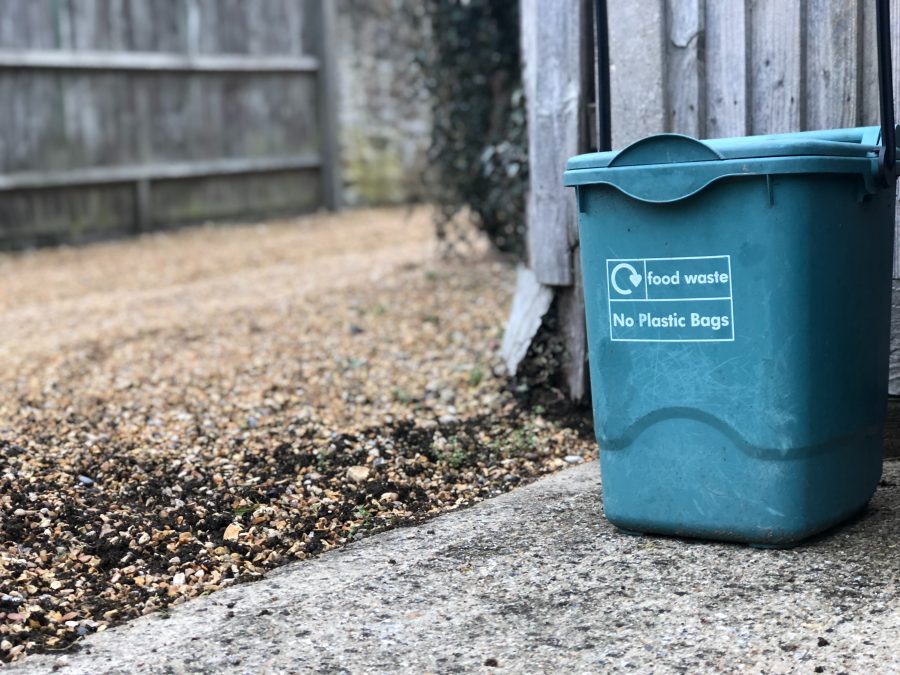Waste is sorted out into different categories, organic and inorganic waste, which is recycled. Recycling is critical as it ensures that the environment is free from inorganic waste. Every country has its way of recycling its waste, which varies in every country. Here are some recycling tips we could borrow.

Recycling waste for energy
A country like Sweden has a sum of 34 waste plants to energy power plants. These power plants burn organic waste and create sufficient electricity that can power 250,000 homes. This move has contributed to a high reduction of waste and emission of dangerous gases to the atmosphere. The recycling operation is so efficient that the country has to outsource destruction from other countries for the power plants to operate thoroughly. This process can be emulated even by individual countries and ensure its citizens adhere to the outlined guidelines.
Improving segregation
Being thorough with sorting out waste has helped Japan as a country with its waste management. The process starts at every household, where waste is sorted and treated for easy collecting. There are strict guidelines that whoever doesn’t comply is held accountable since each house has a unique code they stick to their waste. To instill proper waste management habits, you have to process the junk from home since there are no waste cans on the streets. It is an effective way that ensures everyone is conscious of how they handle waste as it is a personal responsibility.
Reducing waste
You can choose to reduce waste by reducing the use of inorganic items. Countries like Switzerland have controlled their waste by encouraging its citizen to use recyclable goods; though expensive, they are recycled freely. They have reduced the use of a plastic bag to one per individual and encourage recycling glasses and any inorganic waste. You will reduce the waste you dispose of in the environment by emulating them by a significant percentage. In Australia and other countries, skip bins are used to carry organic waste, which is processed to make compost manure used in farming.
Proper handling of food
Most food produced is gone to waste after it spoils. This food waste can be used to create energy since it is biodegradable. Some countries charge their citizens according to the weight of the food disposed of. It has reduced the amount of food wasted since people have invented ways to preserve it.
Conclusion
Waste management is essential as it keeps the environment clean from the toxic emissions from the waste. It’s everyone’s responsibility to manage their waste and ensure a clean environment.
